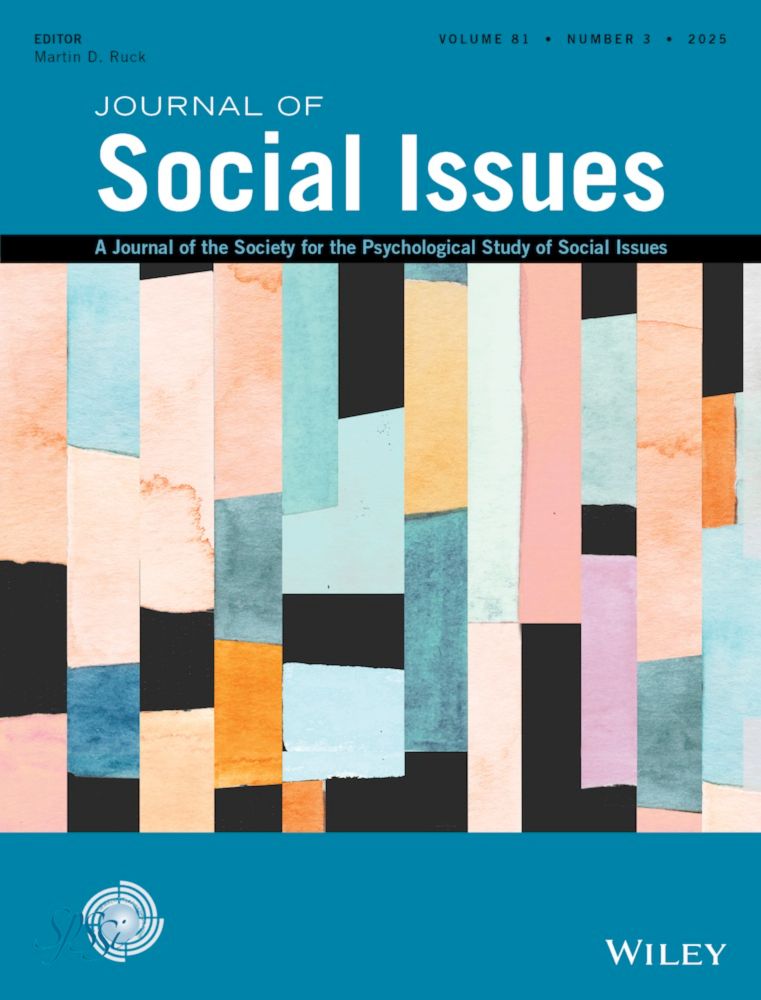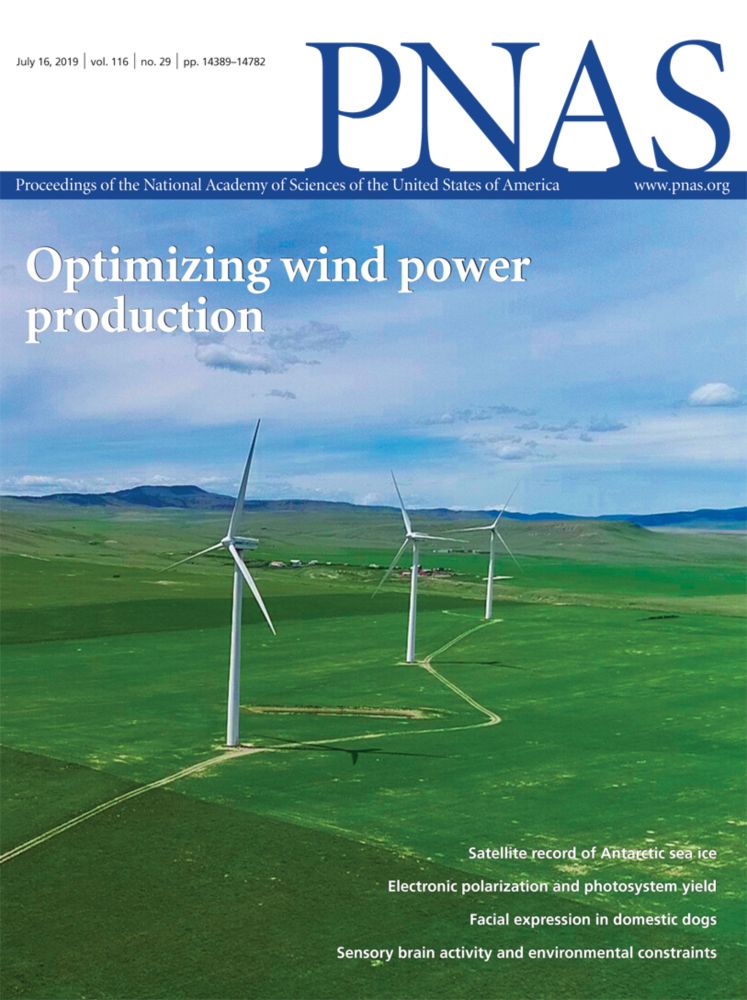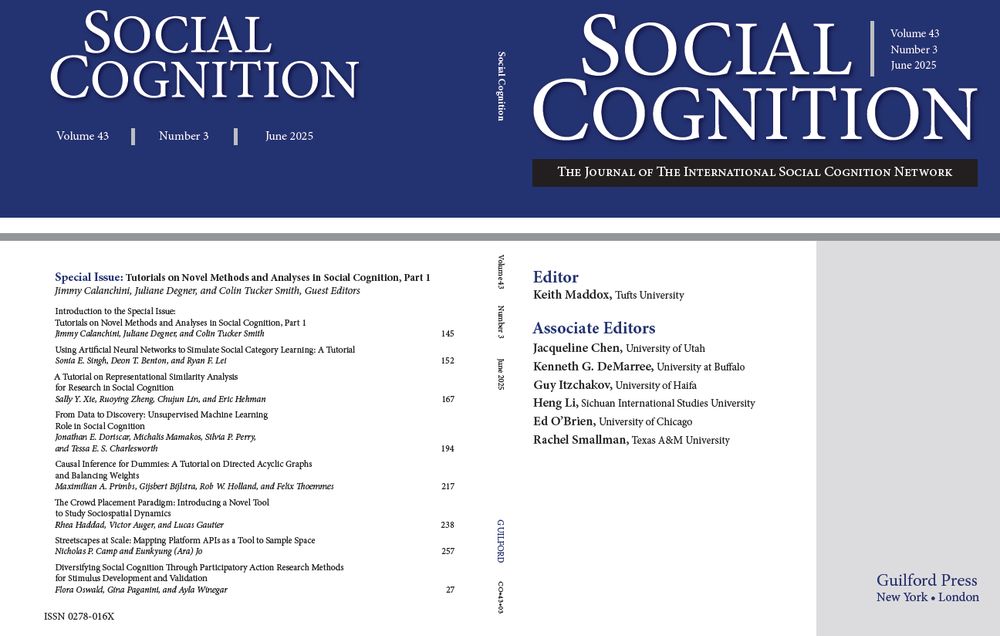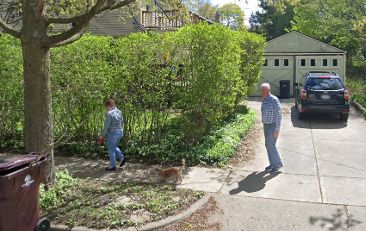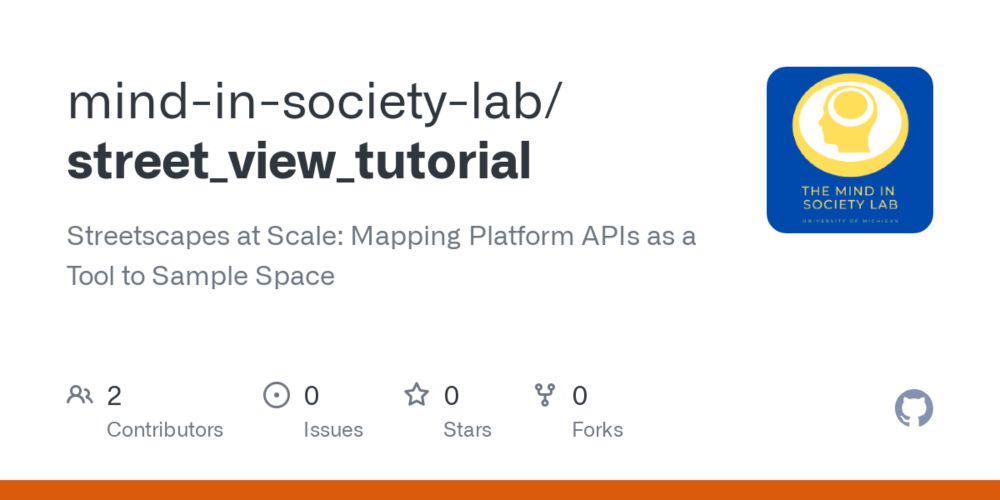Nick Camp
@ncamp.bsky.social
340 followers
130 following
78 posts
Social psychologist in org studies, @UMich. I study racial inequality where institutions and individuals meet. Dad to Julian (2 legs) and Eddie (4 legs).
Posts
Media
Videos
Starter Packs
Nick Camp
@ncamp.bsky.social
· 20d
Nick Camp
@ncamp.bsky.social
· 22d
Nick Camp
@ncamp.bsky.social
· 22d

Leveraging body-worn camera footage to assess the effects of training on officer communication during traffic stops
Abstract. Can training police officers on how to best interact with the public actually improve their interactions with community members? This has been a
academic.oup.com
Nick Camp
@ncamp.bsky.social
· 28d

New Psych Job Wiki - Research Assist. & Lab Manager
Psych Jobs 2025-2026
Welcome to the Predoc Positions page. All jobs listed below are predoc and lab manager positions. If the start dates are not Spring 2026 or Fall 2026, you will see an asterisk nex...
sites.google.com
Nick Camp
@ncamp.bsky.social
· Aug 15
Nick Camp
@ncamp.bsky.social
· Aug 14

Start Generating: Harnessing Generative Artificial Intelligence for Sociological Research - Thomas Davidson, 2024
How can generative artificial intelligence (GAI) be used for sociological research? The author explores applications to the study of text and images across mult...
journals.sagepub.com
Reposted by Nick Camp
Nick Camp
@ncamp.bsky.social
· Jul 8
Nick Camp
@ncamp.bsky.social
· Jul 7

Streetscapes at Scale: Mapping Platform APIs as a Tool to Sample Space | Social Cognition
We introduce a ubiquitous but overlooked resource for studying the psychology of space: street-level imagery—streetscapes—from mapping platforms such as Google Street View, Apple Maps, and Mapillary. Relative to other sources of stimuli, streetscapes are unique in their ecological validity, their spatial resolution, their geographic scope, and their scale. To capitalize on these strengths, researchers can repurpose tools that mapping platforms maintain for software developers. Using these Application Programming Interfaces (APIs), one can sample a massive number of streetscape stimuli with minimal cost. This tutorial introduces the reader to a programmatic approach to sampling streetscapes with mapping APIs. We provide the reader with both concrete examples in the most common mapping platform, Google Street View, and a general procedure they can tailor to their platform and research question of choice.
guilfordjournals.com

